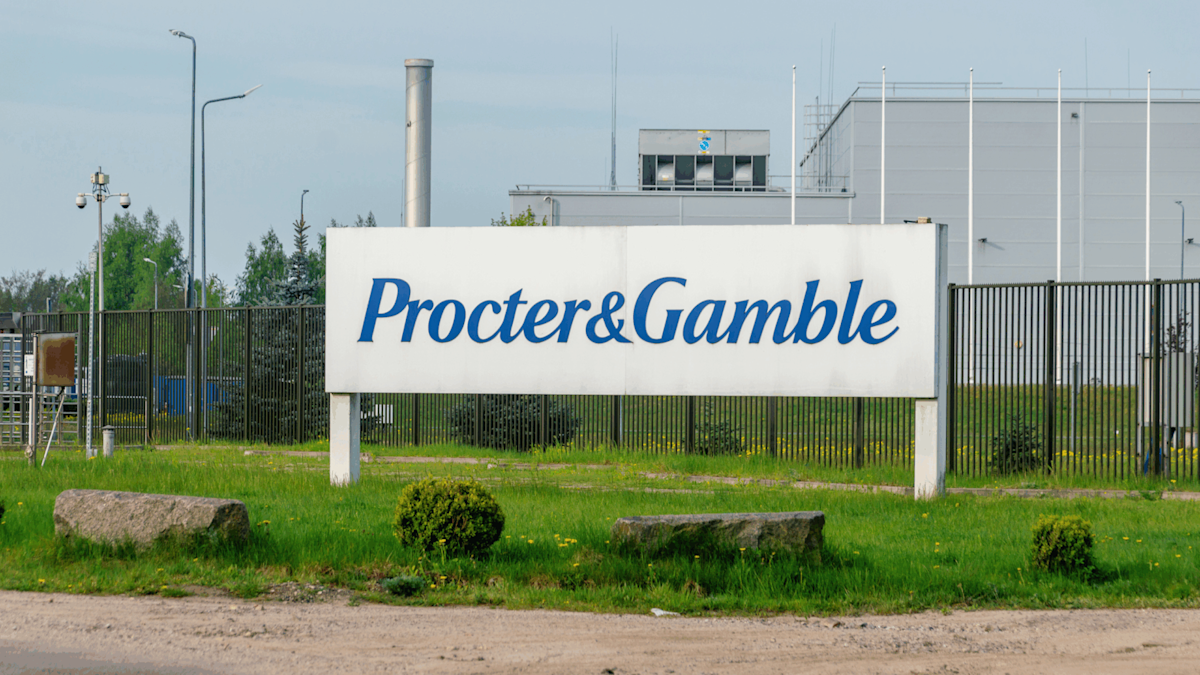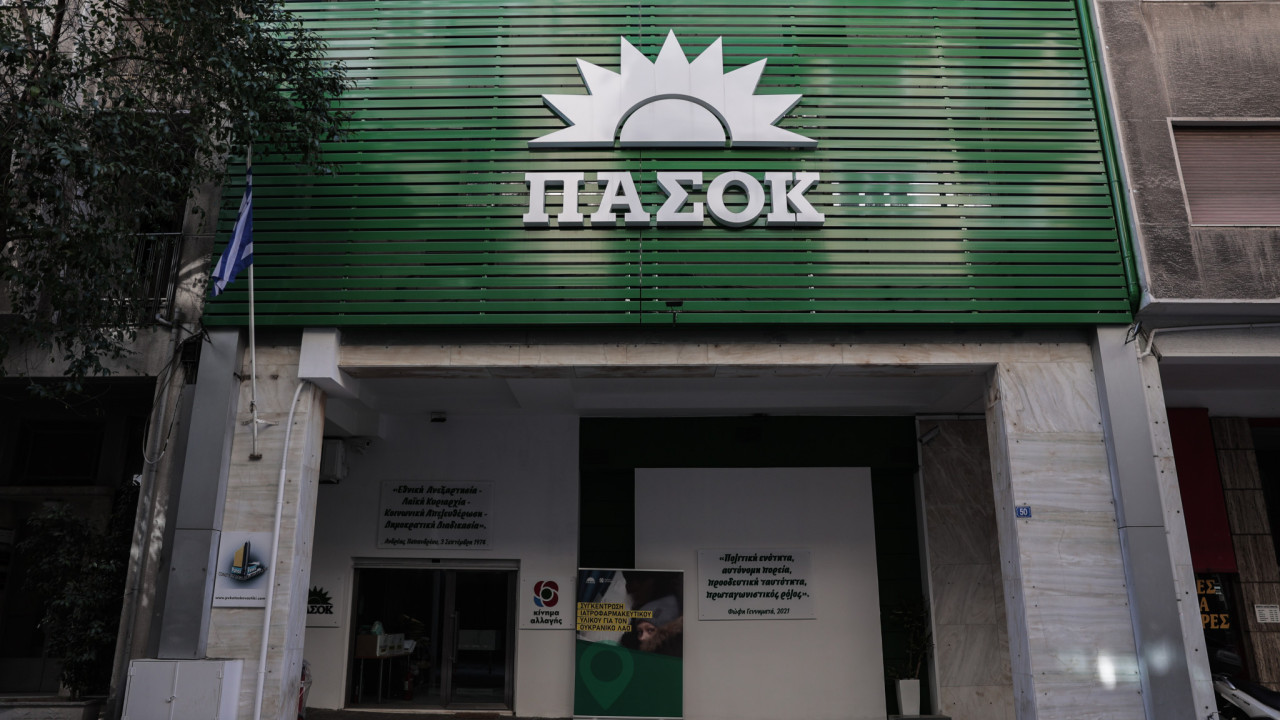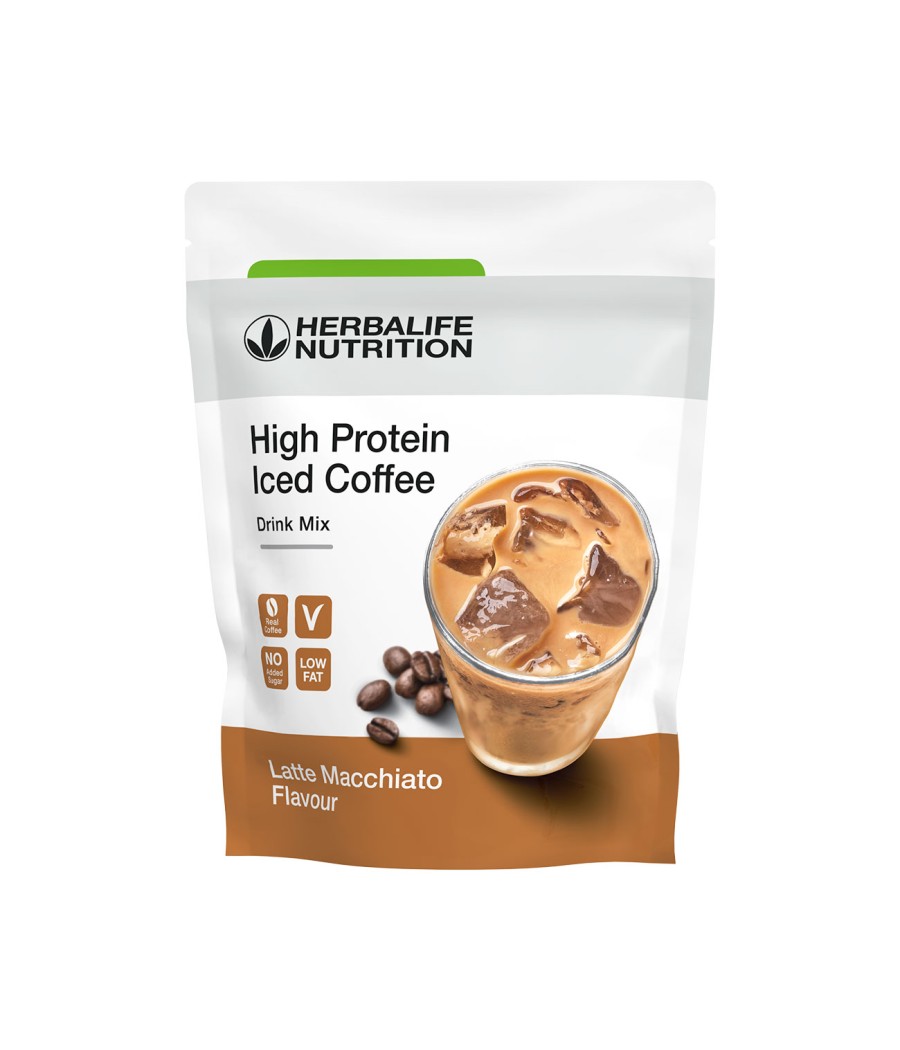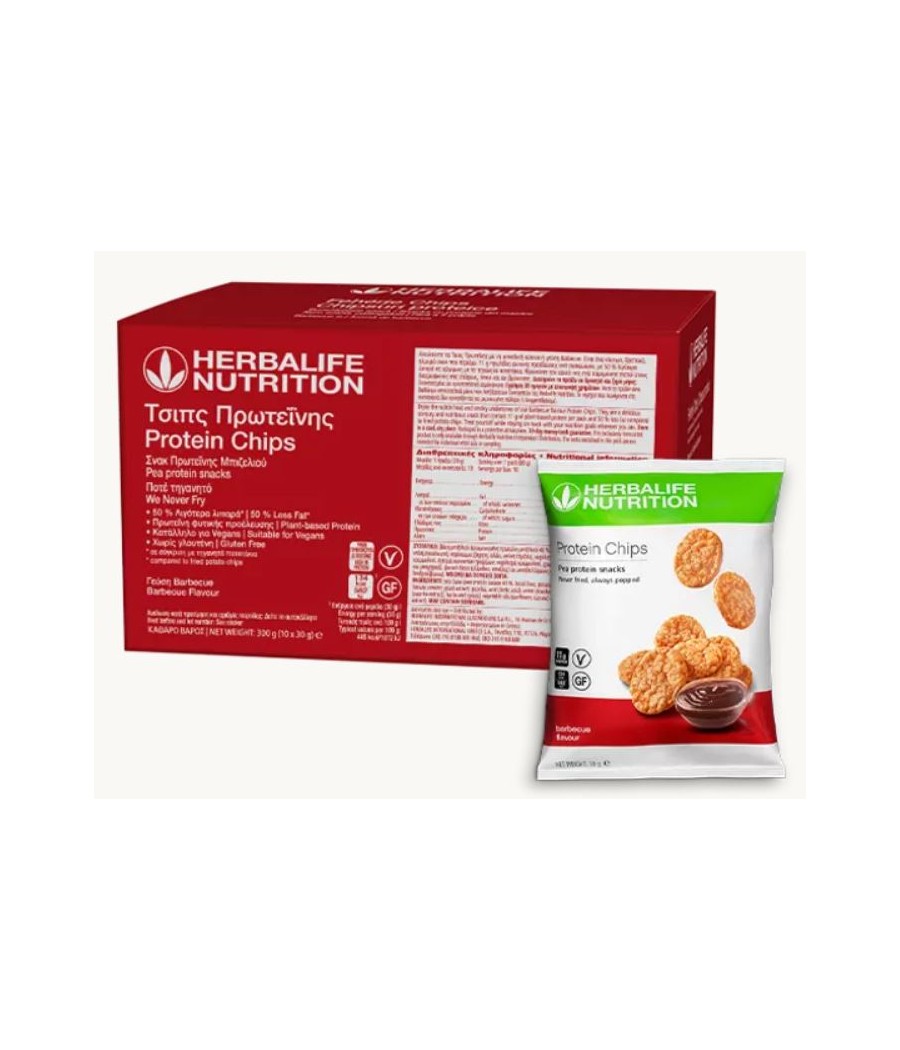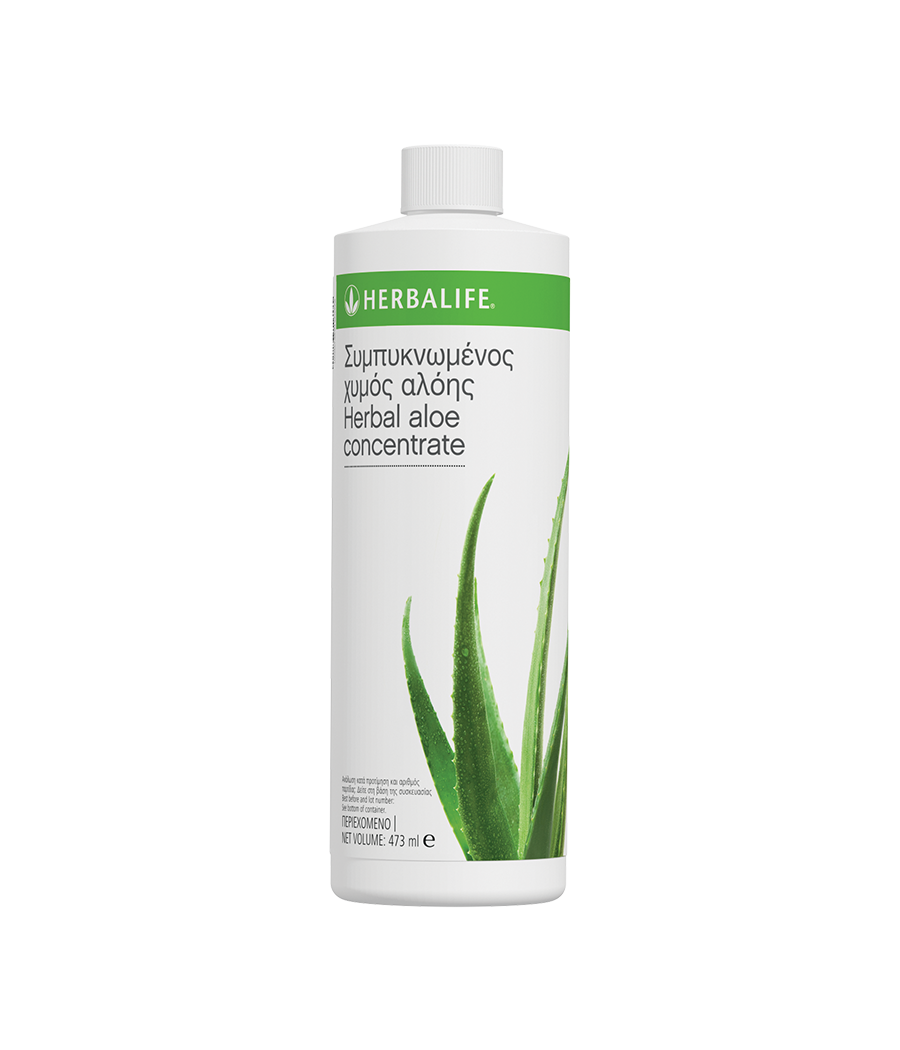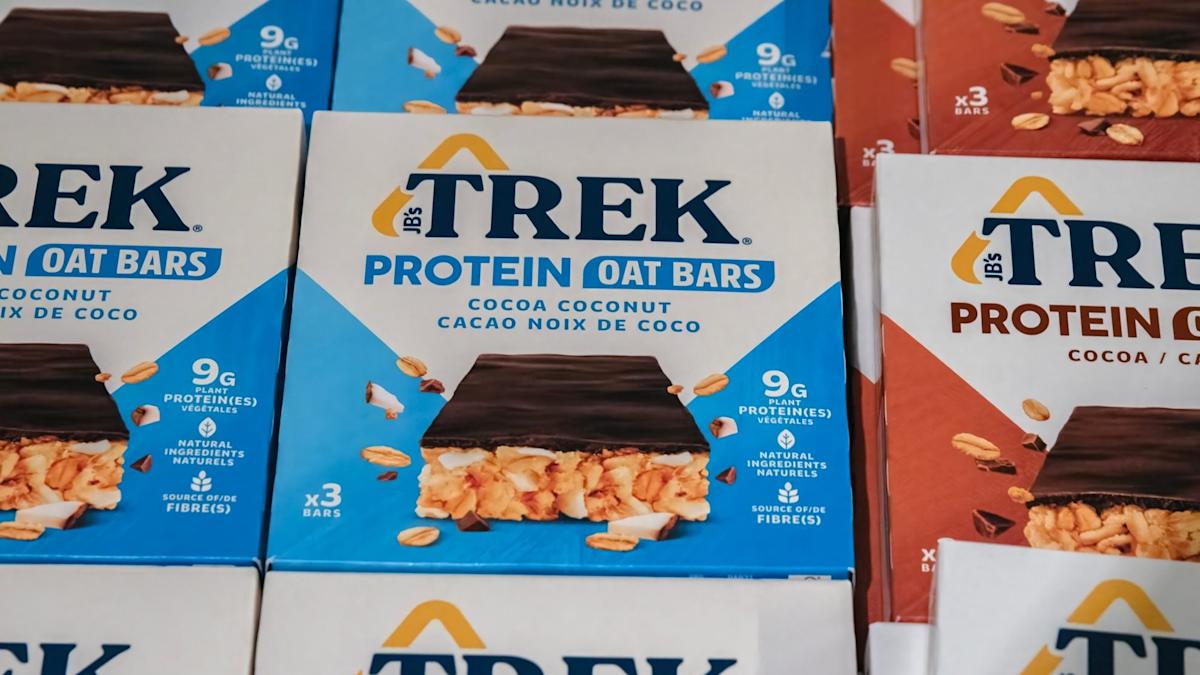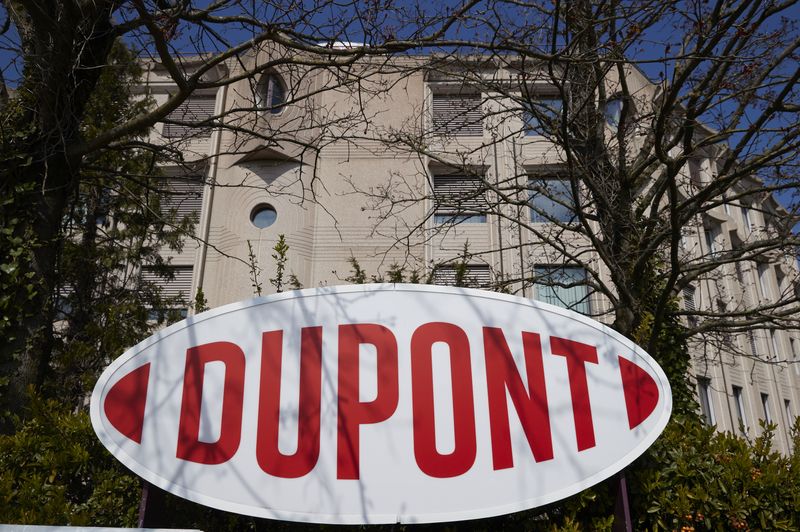Consumer Goods Giants Slim Down to Spur Growth
For US consumer giants, smaller is better.
Procter & Gamble, the maker of Tide laundry detergent and other household goods, announced a restructuring plan last week that includes cutting 7,000 people from its workforce and potentially exiting certain product categories over the next two years.
Anti-conglomerate
“We are evolving into the next phase of our organization design with a program that we have just announced today,” P&G executives said at a Deutsche Bank conference in Paris. “The strategy is inherently dynamic. It adapts to the changing needs of consumers, customers, society, and the geopolitical dynamics around us.”
Scale for scale’s sake appears to have become passé, with conglomerates jockeying for market share with a more focused brand identity than in the past:
- Kimberly-Clark, the maker of Huggies diapers, said on Thursday it would sell a majority stake in its international tissue business to Brazilian paper company Suzano, which agreed to pay $1.73 billion in cash for 51% of the unit. The deal is expected to close next year. General Mills, the maker of Cheerios, completed the sale of its Canadian yogurt business to Sodiaal in January and received regulatory approval last week to offload its US yogurt unit to Lactalis. The companies plan to close the transaction later this month.
- J.M. Smucker Co., the maker of Folgers, finalized its sale of Cloverhill, Big Texas, and private-label products to JTM Foods in March. Some 400 employees are part of the transaction. Those brands in the baked goods category were under Hostess Brands, which was acquired in 2023. Unilever, the maker of Dove soap and Hellmann’s mustard, is selling plant-based food brand The Vegetarian Butcher as part of its plans to slim its portfolio. It is in the process of spinning off its ice cream business, including Ben & Jerry’s and Talenti; the company announced last year that it would cut 7,500 jobs to simplify operations. Newly appointed CEO Fernando Fernandez said he was focused on “portfolio quality over portfolio scale” during his first earnings call as chief in April.
Breakups Pay Up: Shedding misaligned businesses can help boost growth, according to PwC. The Big 4 accounting firm’s analysis of US divestitures from 1998 to 2017 found that sellers tended to show higher growth in earnings before interest, taxes, depreciation, and amortization (Ebitda) in the years following a transaction. Record levels of US corporate cash and the dry powder sitting at private equity firms may also be inspiration enough for yard sales.
Content Original Link:
" target="_blank">















